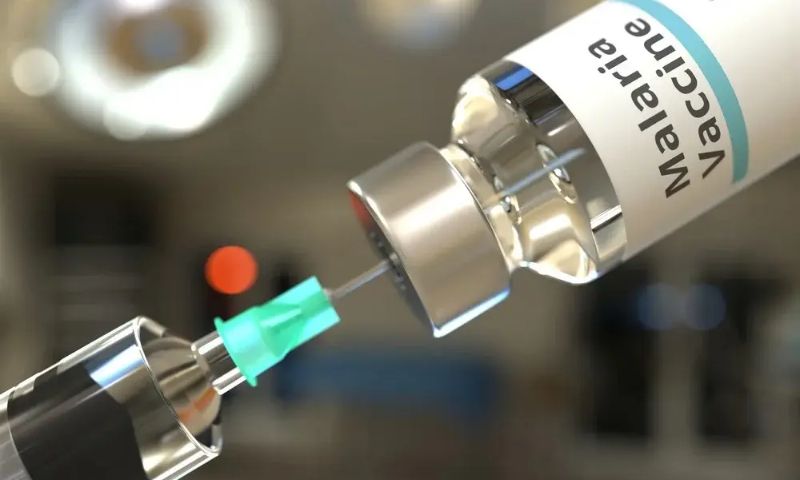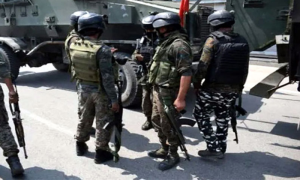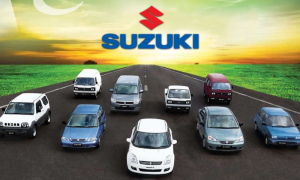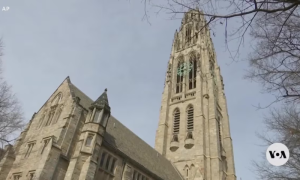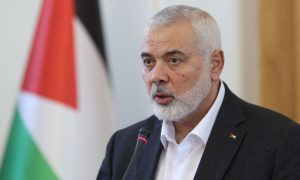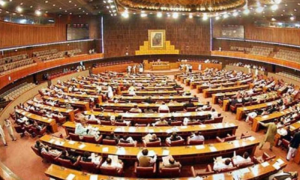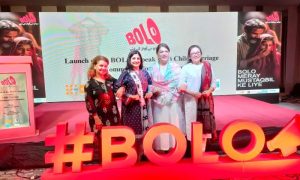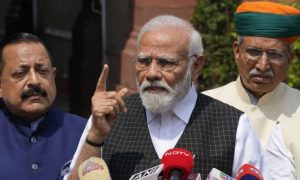GENEVA: A number of African countries are set to approve a new malaria vaccine, with 20 million doses available for purchase this year. Nigeria’s medicines regulator has followed Ghana’s in becoming the first nation in the world to approve the new R21 vaccine, developed by Oxford University scientists. The vaccine is manufactured by Novavax and the Serum Institute of India.
At least 10 other African countries are currently reviewing trial data to assess the shot, with more expected to follow in the coming weeks, according to the World Health Organization (WHO).
The move is unusual, as African countries have traditionally relied on the WHO to review new medicines. However, the urgency of addressing a disease that kills over 600,000 people annually, mostly children in Africa south of the Sahara, and recent efforts to boost drug oversight in the region, are changing the process.
According to Oxford scientist Adrian Hill, the R21 vaccine has demonstrated an efficacy of around 70%-80% in late-stage trials. GSK Plc has developed a malaria shot that has been authorized by the WHO, but due to a lack of funding, it has not yet become widely available and is believed to be somewhat less effective than the R21 vaccine.
Serum Institute to produce 20 million doses of Malaria vaccine
The Serum Institute’s CEO has stated that his company will produce around 20 million doses of the Oxford shot “at-risk” in the coming two months, even though they do not have a buyer lined up among African governments or nonprofit organizations that often procure for poorer countries. This amount of supply would be sufficient to vaccinate 5 million children with the vaccine’s four-dose regimen and would be ready in time for the upcoming malaria season, which starts in June, depending on the country.
However, there are concerns about funding the purchase and implementation of the new malaria vaccine, which has a two-year shelf life, in poorer African countries. Gavi, the Vaccine Alliance, and UNICEF are the two largest buyers of childhood vaccines worldwide, and they want WHO approval for the shot before funding campaigns. The WHO has started its assessment of the R21 vaccine, which can take several months.
The actions are a further indication that African countries want to exercise their own pharmaceutical oversight following the COVID-19 pandemic’s exposure of inequity in vaccine distribution. They also intend to reduce reliance on Western governments and companies by producing life-saving drugs on the continent. Serum, which produced the majority of the COVID vaccine developed by AstraZeneca and Oxford, is discussing the possibility of producing some doses of R21 in Ghana in the long term with Ghanaian manufacturer DEK Vaccines Ltd.
Senior health officials in Ghana and Nigeria have stated that there are additional obstacles to overcome before the vaccines become available, with Nigeria seeking further clinical trials before a wider rollout. Serum has previously donated doses for such trials.
The approval of the new vaccine is seen as crucial in the fight against malaria, a disease that still kills over 400,000 people a year, mostly in sub-Saharan Africa. The vaccine is expected to help reduce deaths from the disease and ease the burden on already over-stretched health systems in the region.









